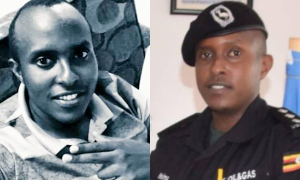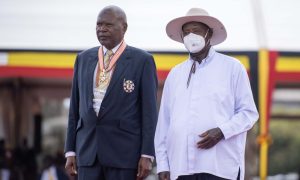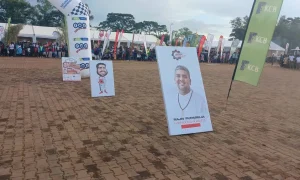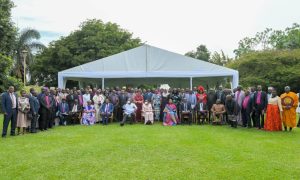A spirit of reflection, reconciliation, and unity filled State House Entebbe today as President Yoweri Kaguta Museveni and First Lady Janet Kataaha Museveni hosted hundreds of leaders for the 27th Uganda National Prayer Breakfast.
The annual event, held under the theme “The Power of Forgiveness and Reconciliation,” brought together government officials, religious leaders, Members of Parliament, and international guests to pray for the nation ahead of Uganda’s 63rd Independence anniversary.
The ceremony, characterized by solemn worship and heartfelt testimonies, sought to remind Ugandans of the enduring importance of moral integrity and forgiveness in national progress.
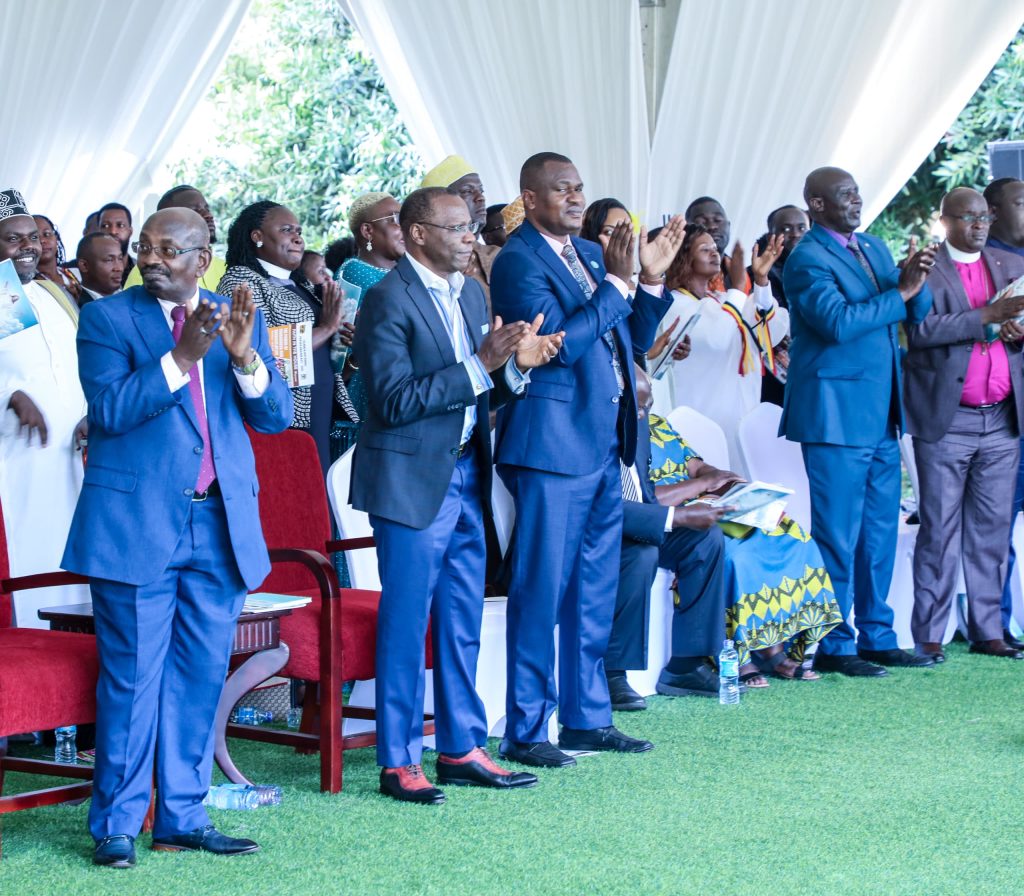
Among the most poignant moments of the morning was a moving testimony by former Security Minister Chris Rwakasisi, whose story of imprisonment, pardon, and redemption illustrated the theme of the day in its purest form.
Rwakasisi, who served in Milton Obote’s government, spent 24 years on death row before receiving a presidential pardon in 2009 from President Museveni. Speaking with deep emotion, he described the act as the ultimate gesture of forgiveness and grace.
“I owe my freedom and second chance at life to President Museveni’s forgiving heart. He is my best friend in Uganda, and I am ready to join him on the campaign trail because I have seen how forgiveness can transform lives,” he said.
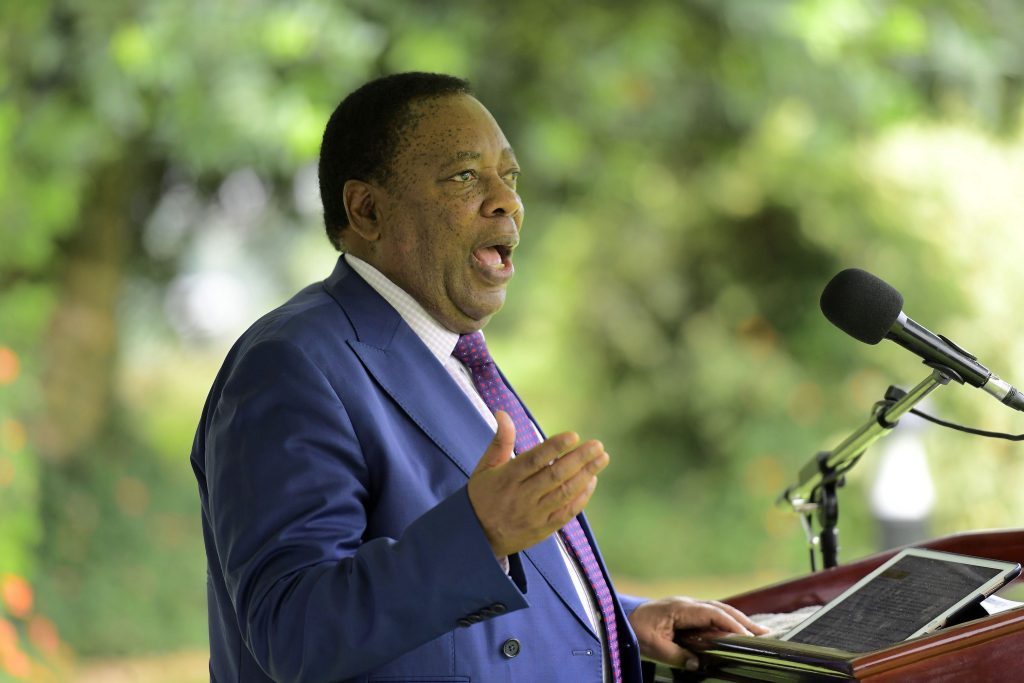
President Museveni, in his keynote address, reflected on Uganda’s long and sometimes turbulent journey toward peace and stability, noting that divine favor often follows those who act with integrity and moral restraint.
“Especially to the politicians, even if they cheat you, if you are doing the right things, God will come to your aid at the right time. I can see that God has been on our side. I don’t know why, but I think it’s partly because we avoid evil even when we are angry.” he said.
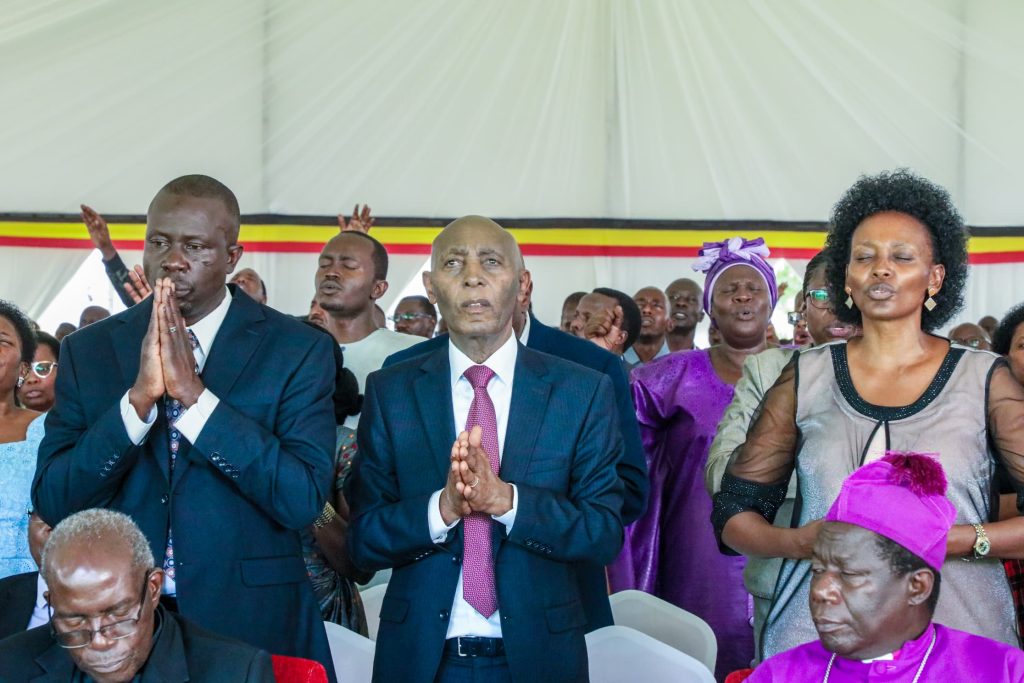
Drawing on his six decades of political experience, the President cautioned leaders against moral compromise, urging them to uphold honesty and righteousness in both public and private life.
“What I have seen in the last 65 years is that you should avoid evil in whatever you are doing. Don’t plan evil, don’t do evil,” he said.
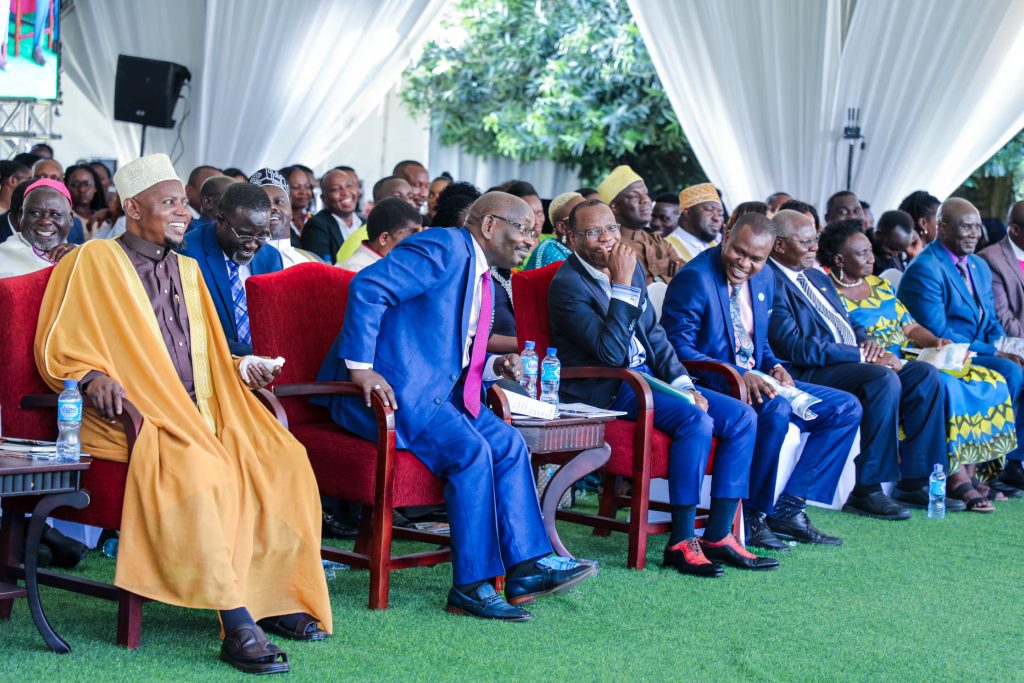
The President commended Rwakasisi for sharing his story of forgiveness and reconciliation, describing it as a testimony that reflects Uganda’s broader national healing.
He also praised Bishop J.B. Masinde for delivering an inspiring sermon that called on leaders to cultivate tolerance and humility.
“I thank Rwakasisi for reminding us what true reconciliation looks like, and Bishop Masinde for complementing that message with a call for tolerance,” Museveni noted.
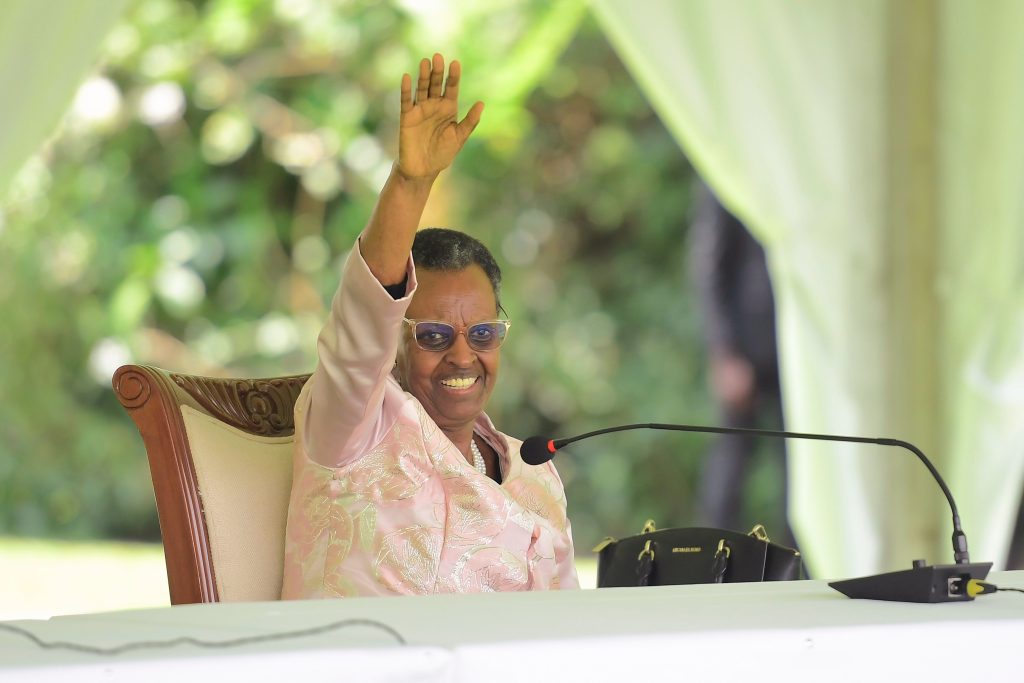
Representing the Parliament of Uganda, Deputy Speaker Thomas Tayebwa paid tribute to President Museveni’s enduring leadership and his role in restoring peace and stability in the country.
“Mr. President, on behalf of Parliament, we want to thank you for the support you have given us over time. We pray that you go through this election peacefully, and we shall support you in every way,” Tayebwa said.
He further praised the President’s efforts in guiding Uganda from turmoil to tranquility, noting that his current campaign slogan, “Protecting the Gains,” captures the essence of Uganda’s transformation.
“Mzee, God used you to bring peace and healing to this country. For those of us who never lived through those dark times, we only realize from history how far Uganda has come under your leadership,” Tayebwa remarked.
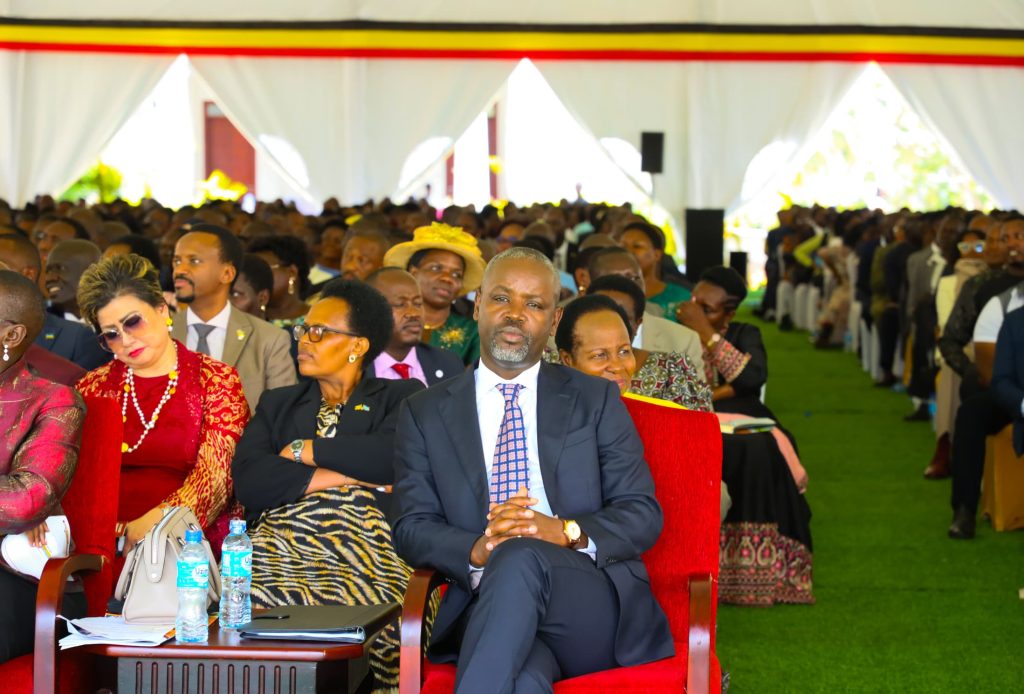
Hon. David Bahati, the Minister of State for Trade, Industry and Cooperatives (Industry), and Chairperson of the National Prayer Breakfast Committee, thanked participants for their commitment to national unity and spiritual renewal.
He noted that as Uganda marks 63 years of independence, the Prayer Breakfast offered an opportunity to rededicate the nation to God’s guidance and grace.
“This year’s gathering reminds us that forgiveness is not weakness but strength,” Bahati said. “It remains the foundation of true nation-building and the key to sustaining peace and development.”
The event concluded with a shared sense of gratitude and hope as leaders reflected on the need for moral discipline, tolerance, and faith in God’s providence.







